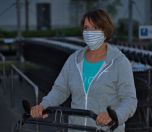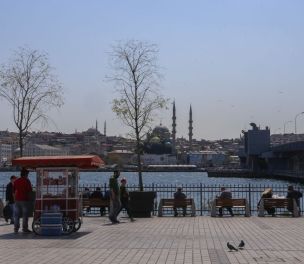* Photo: Esra Bilgin - İstanbul / AA
Click to read the article in Turkish
Pulmonologist Prof. Tevfik Özlü from the Farabi Hospital of Karadeniz Technical University (KTÜ) has noted that "Turkey has not yet got over the first wave" of novel coronavirus (COVID-19) pandemic.
Also a member of Health Ministry's Coronavirus Science Board, Prof. Özlü has shared a video on his website and social media account, giving details about the latest situation in Turkey amid coronavirus outbreak.
'We shouldn't neglect measures'
Özlü has underlined that, rather than focusing on the possibility of a second wave, Turkey needs to concentrate on finishing the first one:
"Because we have not yet got over the first wave, we are about to finish it, we are on a good track. As of this moment and if there is no delay, I believe that the figures will decrease further and we will be in better control after the [Ramadan] feast [on May 24-26 in Turkey].
"In the event of an unexpected crowding, this period might get longer and a certain amount of regression might occur. But, as far as I see, no significant regression has so far occurred in the transition to a controlled social life. There were daily fluctuations, but they remained on a reasonable and foreseeable level, which is good news.
"I think that the possibility of a second wave is a risk that will arise later on. Now, we should be all making efforts to finish the first wave as soon as possible. We should not neglect the measures, we should finish this process as soon as possible.
'Social distance is indispensable'
"There is always a possibility of a second wave. New cases can be detected again after some time in China, South Korea and Singapore, which have taken the first wave under control. But, we are more well-equipped and experienced about the second wave when compared with the first one, I believe that we will be more successful.
"Because we now know the virus, we know how to deal with it, we have seen that the measures that we have taken work and we have seen that we can beat the virus. Therefore, there is - of course - a possibility of a second wave, but I think that it will be taken under control more easily.
"A transition to a controlled social life is planned in Turkey so that a second wave will not come up. If these are taken into consideration, there will not be a second wave in Turkey, there needs to be none. That is why it is called a 'controlled' social life. I mean, we need to normalize by taking measures that would prevent a second wave.
"Keeping social distance is the most important and the most indispensable point here. What is indispensable for everyone, everywhere and everytime in every place is to keep this 1-2-meter distance from other people, it is of crucial importance. The most important measure to be protected from the second wave is keeping one's social distance.
'If we go out, it will be safe to go to countryside'
"One needs to use a mask in crowded places, make sure that it covers the mouth and nose. One should stay home unless absolutely necessary.
"If we leave home for pleasure, to have fun and spend time, it will be safe to go to less crowded places and to the nature and countryside where there are no people, instead of going out in crowded streets, avenues, shopping malls and stores. That is my recommendation.
"Of course, hand hygiene and surface cleaning are important as well. Stay away from closed spaces with poor ventilation and air conditioners as much as possible. If we do all these, I believe that we can get our lives back from the virus without waking the second wave.
'Our assumptions are based on conditions'
"But, our estimates and assumptions are - of course - based on conditions. If an unexpected risk comes up, this period might get longer or if we are more careful about it, it can get even shorter.
"Hopefully, with the increase in temperatures, the decrease in humidity, the effectiveness of the sun in controlling the virus with its abundant ultraviolet lights and the increase in vitamin D synthesis in upcoming summer days, I assume that the spread of the disease will lose pace and we will reach happier and more hopeful days." (AS/SD)




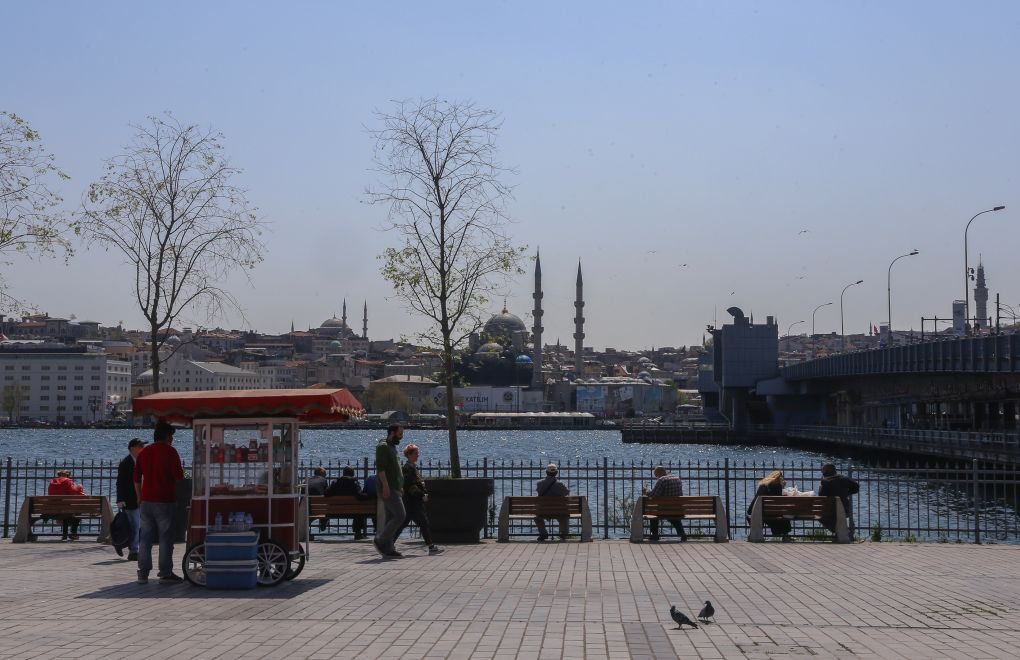
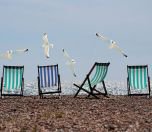
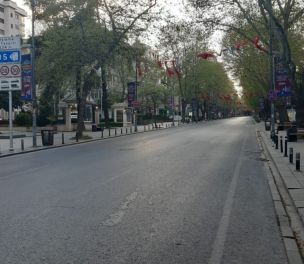
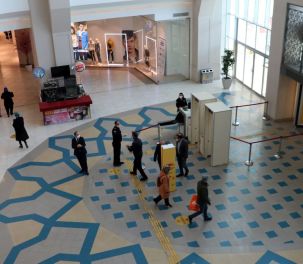
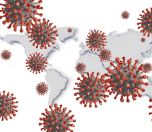
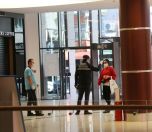
sdcds.jpg)

